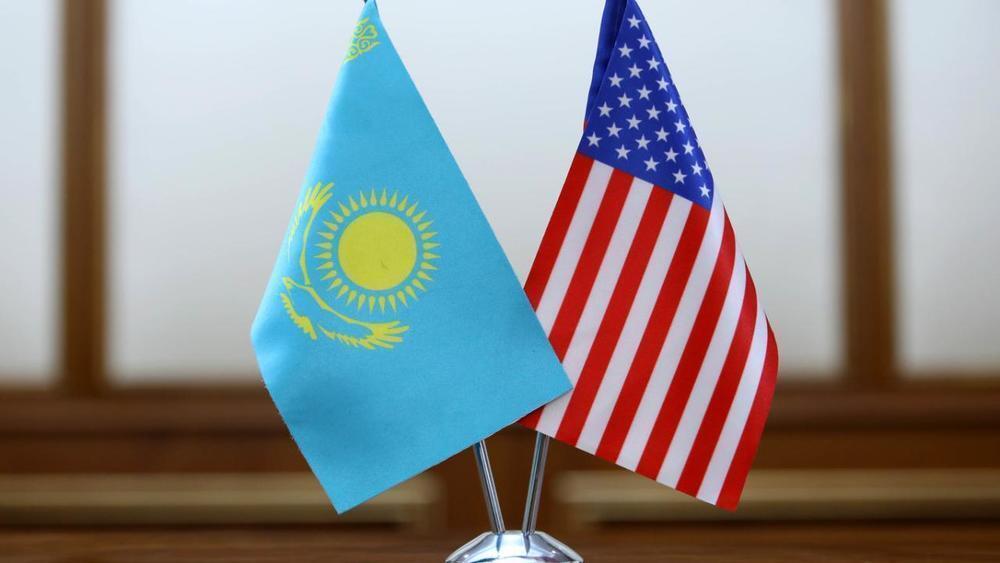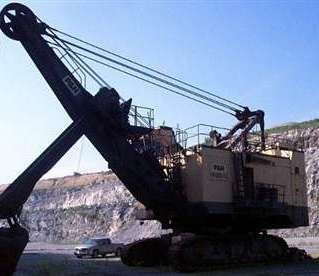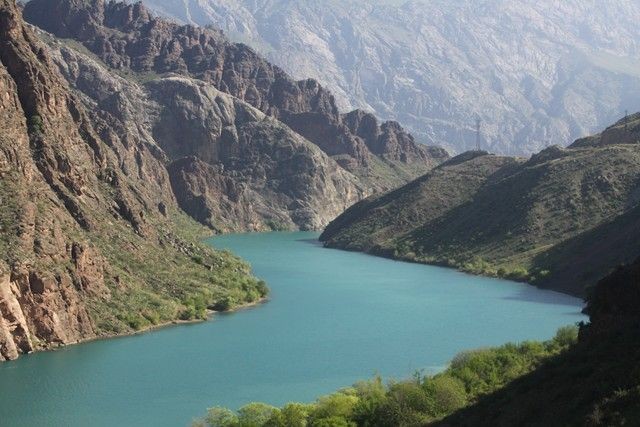Kazakhstan plans to become the country to set a new record for the deepest well in the world. Details regarding the project were revealed by Kazakhstan's Ministry of Industry and Construction of Kazakhstan, reports lsm.kz The specialized department said that the project called Eurasia is divided into three stages. The first was completed in 2022, at an expense of $5.9 million to the federal budget. Specialists then analyzed and revised all available geological and geophysical interpretations. Based on the results of the first phase, experts identified the most promising zones for further development. According to the Ministry, about $500-550 million more is needed to execute the next two stages of work. The second phase of drilling will last about three years and will be financed by investor capital. The third phase of the project will also last three years, and will be realized at the expense of private investors. At the same time, the specialized department reported that today they have not yet found an investor for the project. "Various options for attracting funds are being considered. So far, there are no specific options and amounts of funding for 2024," reported the Ministry. The Eurasia well will be 15 km deep, allowing for a more detailed study of geological sections, and assessment of the undiscovered resource potential of the Caspian Depression in the search for hydrocarbons. Currently, the world's deepest circular mine is considered to be a well in Russia at a depth of about 13 km, which is equal to the height of 15 Burj Khalifas, the Dubai skyscraper which considered to be the tallest in the world. Second place in terms of well depth is occupied by OP-11, which is also located in Russia. The depth of this is 12.3 kilometers. It was drilled in just two months and opened in January 2011, becoming the deepeat in the world at the time. In third-place is the BD-04A well in Qatar, which was drilled in May 2008 at the Al-Shaheen oil field in just 36 days. One other well worthy of mentioning is also located in Russia - the Kola ultra-deep well at 12.2 km, which was drilled back in 1970, in the days of the USSR. Initially, it was planned that the well would reach a depth of 15 km, but due to high temperatures of up to 230°C, drilling had to be stopped. Thanks to the Kola well, many pieces of unique scientific data were obtained, and the two-layer model of the Earth's crust structure was questioned. Now, the Kola ultra-deep was mothballed in 1995 due to a lack of funding.








